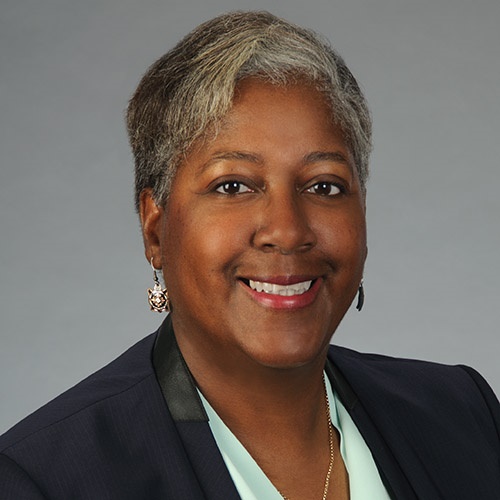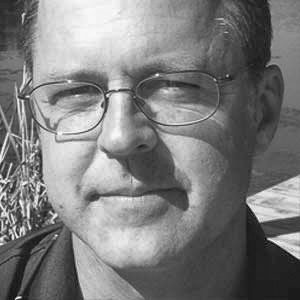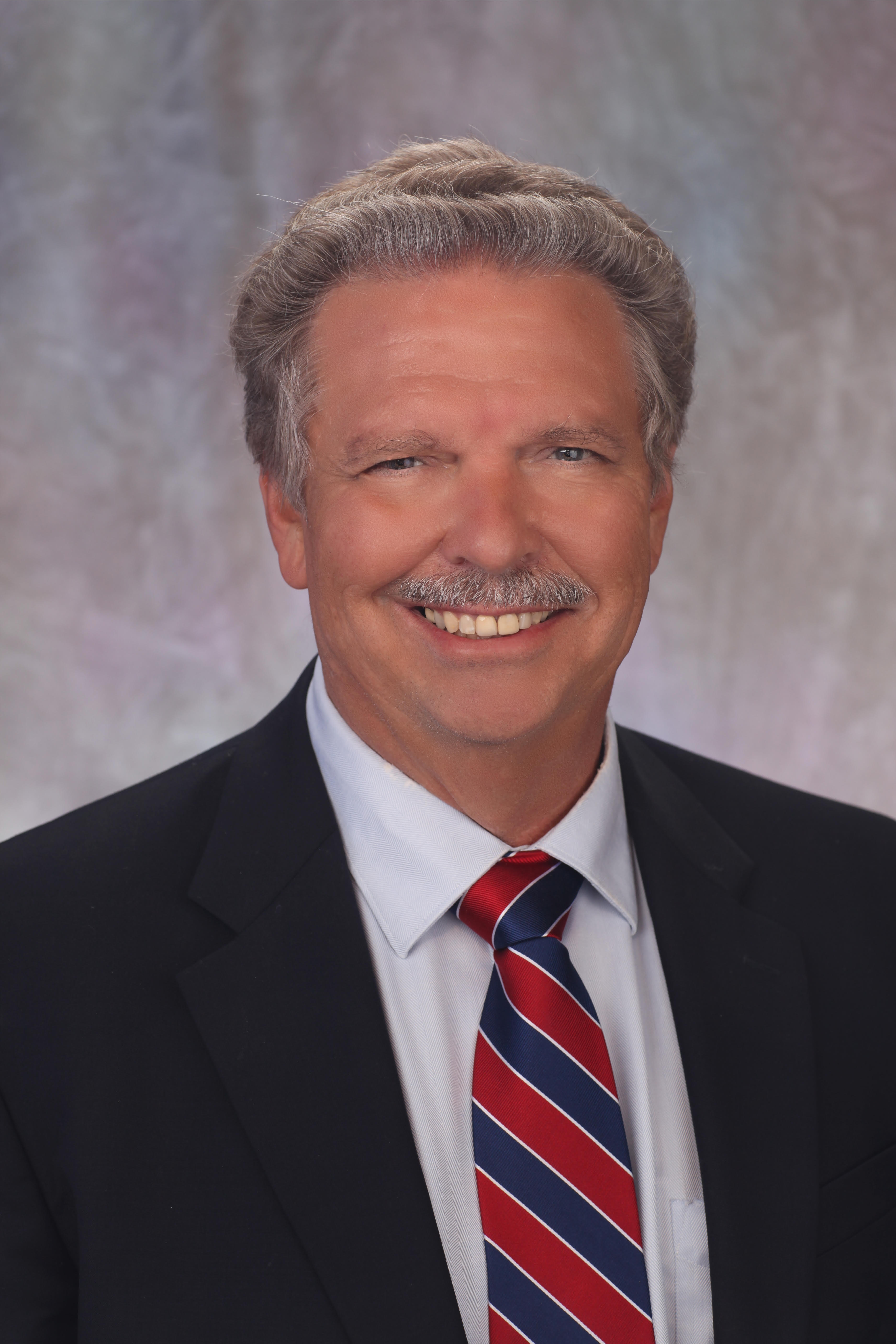The nation is losing its independent physicians. Compared to 57 percent in 2000, only 33 percent of U.S. physicians are independent today. In a tumultuous healthcare environment, independent physicians are struggling to stay afloat in an industry controlled by the government, payers and hospitals.
These independent physicians need a unified voice.
"We're turning up the heat slowly and we're hitting the boiling point," says Marni Jameson, executive director of the Association of Independent Doctors. In the past 18 months, she has seen a fire among independent physician organizations, strategizing ways to return control back to physicians. "We're all up against the same issues; we're just tackling them from different angles, and now, more and more, we're collaborating. We have this cross-pollination."
Ms. Jameson has worked closely with Elaina George, MD, host of Medicine on Call; Mike Strickland, MD, a founding member of Let My Doctor Practice; and Tom LaGrelius, MD, founder of American College of Private Physicians.
"I have noticed that there is something afoot," says Ms. Jameson. "Unlike other membership associations in other industries, which tend to elbow each other out of the way, we are linking arms and we are excited to find one another."
Why independent physicians are a necessity — AID's mission
Composed of nearly 1,000 members in 14 states, AID emphasizes the crucial need for independent physicians in the U.S. healthcare system because they keep down costs.
"We need hospitals and we need really good hospitals, but they don't need to own everything. When monopoly happens, the prices soar," explains Ms. Jameson.
Pay inequity is a major frustration among independent physicians, says Ms. Jameson. Independent physicians receive less pay for the same procedures employed physicians perform.
Independent physicians also express frustration about the amount of data the government expects them to gather and deliver. "Doing the government's bidding cuts into their face time with patients," she says.
Taking out the middleman — Dr. Elaina George's strategy
Dr. George, a board-certified otolaryngologist at Atlanta-based Peachtree Ear, Nose and Throat Center, decided to cut out payers from the patient care equation: "Our job as physicians are to be advocates for our patients. Insurance companies have inserted themselves between us and are dictating care."
Dr. George felt working with payers proved restrictive and that she is able to offer her patients higher quality care delivered to fit their needs.
She promotes her payer-free strategy, such as medical cost sharing, on her weekly radio show, "Medicine on Call." Dr. George uses the platform to inform patients and physicians that there is another way to practice medicine.
"Data analytics is metadata gathering and it is taking away from a doctor-patient relationship and patient privacy is being stepped on," says Dr. George. "It has a chilling effect on a doctor-patient relationship."
Because she doesn't believe data analytics is making any physician more efficient, she stepped away from the process entirely. Dr. George believes independent physicians represent the final wall that protects patients and their privacy. She joined AID and AAPS because she feels the organizations help independent physicians advocate for their patients.
"[AID] really has our backs, and is doing a wonderful job educating patients about why they should seek care from an independent doctor," says Dr. George.
Unity is power — Dr. Mike Strickland's viewpoint
In the current healthcare landscape, Cincinnati internist Dr. Strickland believes physicians are able to solve simple problems, but their hands are tied when it comes to treating complex problems. While working for the VA, he felt his lack of autonomy prohibited him from successfully carrying out his role as a physician.
"I supported reform initially, because our patients were falling through the cracks," says Dr. Strickland. "I never in my wildest dreams imagined that someone would reform the healthcare industry without significant input from healthcare professionals."
Dr. Strickland and other physicians formed United Physicians and Surgeons of America, which created the Let My Doctor Practice, a forum to connect various independent physician organizations.
"There's no one representing American physicians, overall (AMA membership has declined to about 15 percent of U.S. doctors,)" says Dr. Strickland. "Doctors are extremely powerful, but we don't have an effective central nervous system." Let My Doctor Practice tries to connect physicians and their organizations so they may harness this power to take back control of their own profession.
"We have more than enough power to get this back under control if we can get some unity," says Dr. Strickland. "We don't know about policy and government, but we know medicine and surgery and how it needs to be practiced, according to the science and our art."
Strength in numbers — Dr. Tom LaGrelius' belief
In the eyes of Dr. LaGrelius, the only way to save American medicine is by practicing concierge medicine.
"It doesn't work when you work for the third party. You're not happy, the patient is not happy," says Dr. LaGrelius, who practices concierge medicine as a primary care physician at Torrance, Calif.-based Skypark Preferred Family Care.
In 1997, he founded the Independent Doctors of Traditional Practice Association of the South Bay for physicians who didn't belong to HMOs. The organization is now a chapter of AID, as he wanted to connect with a national movement.
"There is strength in numbers," he says. "If we can get all of these organizations together, maybe we can have some clout."
In 2015, he founded American College of Private Physicians as a professional society for concierge medicine physicians. "We serve the established doctors walking the walk of direct practice and concierge medicine. No other such organization exists," he says.
Concierge medicine represents reverting back to a time when primary care physicians had fewer patients and developed direct relationships with them.
"Corporate care is fragmented and ineffective care," says Dr. LaGrelius. "Medicine is a relationship between a physician and patient; it is not a corporate activity." He believes American medicine is collapsing, and the industry is swamped with physicians who are miserable.
"Insurance companies are in league with the government under the ACA," says Dr. LaGrelius. "Primary care is not an insurable event. My ongoing relationship with my patients is not insurable."
Pictured from left to right: Marni Jameson, Dr. Elaina George, Dr. Mike Strickland and Dr. Tom LaGrelius
.jpg)



Recent articles:
66 statistics on ASC case volume mix by geographical region
Oklahoma physicians no longer need maintenance of certification for licensure, privileges: 5 things to know
Physicians face financial burdens — 3 takeaways

